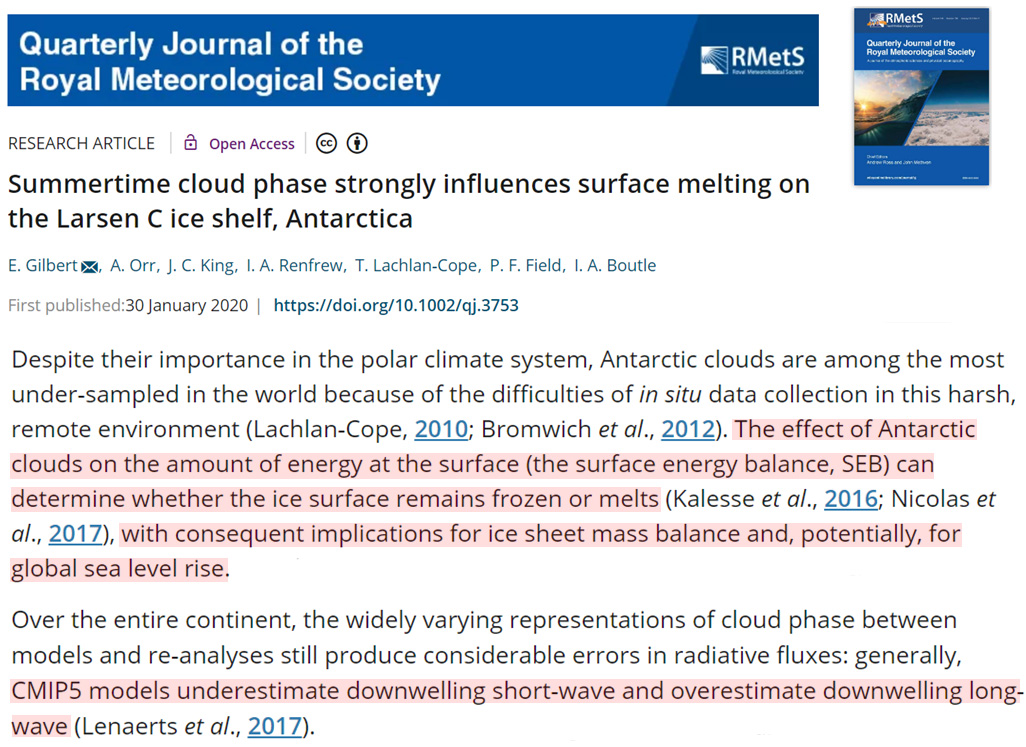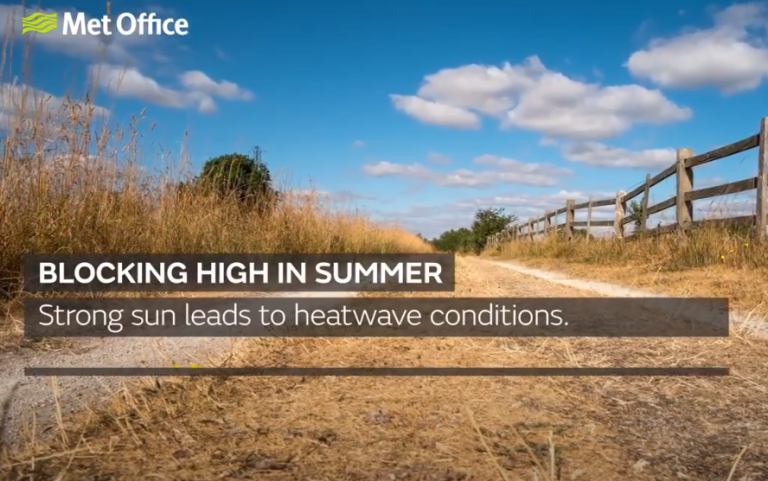- Joined
- Sep 18, 2014
- Messages
- 5,407
- Reaction score
- 1,128
- Gender
- Male
- Political Leaning
- Other
There was nothing to fix.
See post #947
There was nothing to fix.
See post #947



 feedbacks
feedbacks




[h=2]Cooling In Eurasia, North America, Africa, Australia, South America, Greenland, Antarctica Undercuts ‘Global’ Warming[/h]By Kenneth Richard on 11. June 2020
Share this...
[h=4]In recent decades there have been “notable cooling trends” throughout many regions of the globe according to several new studies.[/h]A year ago NoTricksZone (NTZ) announced Greenland Has Been Cooling In Recent Years – 26 Of Its 47 Largest Glaciers Now Stable Or Gaining Ice.
Six months ago NTZ cited several scientific papers indicating The Region From 50-70°S Has Cooled Since The 1980s As North Atlantic SSTs Have Cooled 1°C Since 2004.
Three months ago we reported A Massive Cooling Of 2°C In 8 Years (2008-2016) Has Jolted Large Regions Of The North Atlantic.
A few days ago we shared a New Study Finds The Larsen Ice Shelf (Antarctic Peninsula) Has Cooled More Than 2°C Since 1991.
Now we shine the light on 3 more studies that assess “Eurasia, North America, Africa, Australia, South America, and Greenland experienced notable cooling trends” from 2002 to 2013 (Xu et al., 2020), and both West and East Antarctica have been rapidly cooling since the mid-2000s (Hrbáček and Uxa, 2020 and Fatras et al., 2020).
At some point the question may need to be asked: Just how global is recent “global warming”? . . .
3G et. al. must be having meltdown, because your blog link actually has excepts from actual peer reviewed papers, like theirs never do.
Oh yeah.
Big meltdown
A blog was posted.
Written by a guy with a name. Not much other credentials tho.
But boy. So devastating. I might read it if I get really really really bored one day.
Did you open the linked papers?
You mean did I read the blog?
 Solar[/FONT]
Solar[/FONT]You mean did I read the blog?
No.
That isn't what I asked.
You continued to show us you have a comprehension problem.
Why would bother to go to a website that constantly lies and misconstrues studies and is written by a guy with literally no credentials and who functionally is equivalent to some anonymous commenter on an AOL chatroom?
If you guys really wanted to discuss papers, they'd be presented and linked, and competent commentary would be highlighted. But you cite Kenneth Richard and pretend that some brain dead denier is the best source for scientific literature.
Here you go. I'm eager to learn your next data-dodging excuse.
Xu et al., 2020
Hrbáček and Uxa, 2020
Fatras et al., 2020.
Here you go. I'm eager to learn your next data-dodging excuse.
Xu et al., 2020
Hrbáček and Uxa, 2020
Fatras et al., 2020.
So now you want me to look at articles that some denier picked out? But wont actually discuss them yourself?
If you cant put forth effort to even discuss your own articles, I, not sure why you think I would.
I've never been too worried about a "climate catastrophe". Changes on such a large scale tend to happen gradually, not suddenly. Nevertheless, I do believe in reducing pollution, development and construction, and carbon emissions wherever possible. Not because I fear the end of the world, but because I believe the natural ecosystems of this world are best preserved by limiting the overall impact of humans to as small a degree as possible.
Then you support reducing population as well? Because that's the only way you're going to achieve the goals you mentioned. As Michael Moore has correctly pointed out.
Population is already on track to decline in some parts of the world. Generally speaking, the wealthier a population is, the fewer children they have. Which is a good thing because rich people also consume far more resources and produce more pollution than poor people.
For wealthy countries like America, the focus should be on improving energy efficiency, reducing consumption, and minimizing waste.
The USA has been on track for improving efficiency for decades.
Where have you been?
